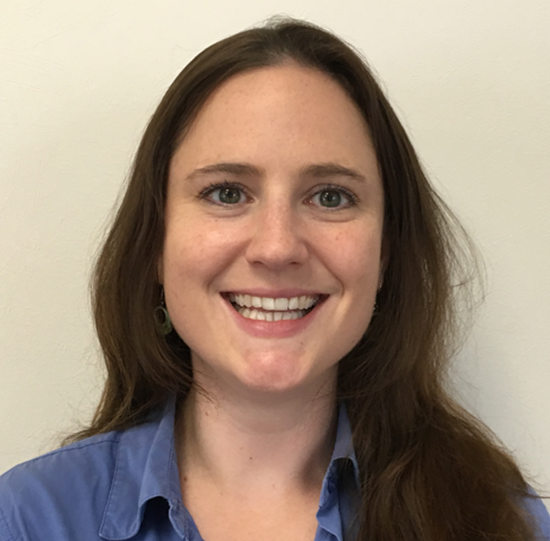Dr Lydia Pearson – Research Associate / Trial Manager
Lydia Pearson first started working for the Psychosis Research Unit as a research assistant and has contributed to a number of National Institute of Health Research (NIHR) funded trials. These include the Research for Patient Benefit (RfPB) funded feasibility bipolar trials: Thinking Effectively About Mood Swings TEAMS and the Bipolar At Risk Trial (BART). These mood disorder focused trials led Lydia to complete a PhD at the University of Manchester, focusing on appraisals of sleep endorsed by those who experience reduced need for sleep, hypersomnia, and insomnia (see publications below for further information).
- The development of a theoretically derived measure exploring extreme appraisals of sleep in bipolar disorder: a Delphi study with professionals | Behavioural and Cognitive Psychotherapy | Cambridge Core
- The positive and negative sleep appraisal measure: Towards a clinical validation of sleep spectrum cognitions – Pearson – – Clinical Psychology & Psychotherapy – Wiley Online Library
Lydia later moved into a role on the RfPB trial called iATTp (Investigation of Attention Training Technique for people with Psychosis) before transitioning into a research associate role. She is currently working as the lead site Trial Manager for the NIHR Efficacy and Mechanism Evaluation (EME) Bipolar At Risk Trial (BART) II. BART II is being conducted in Greater Manchester, Norfolk & Suffolk, Birmingham, Sheffield, and Lancashire & South Cumbria. BART II will be researching in more detail the efficacy of cognitive behaviour therapy developed for the bipolar at risk population (CBT-BAR). In addition to this work, Lydia is supporting the Youth Mental Health Research Unit with various projects including a Special Interest Group for improving physical health in adolescent inpatient units.
Before working in research, Lydia held different types of roles within different sectors. She graduated from the State University of New York at Plattsburgh with a Bachelor of Arts degree in Psychology and moved to the United Kingdom soon after finishing her degree. She has worked as a team leader within supported living homes for adults with complex mental health difficulties and learning disabilities. She developed an interest in working with young people who have a diagnosis of autism and undertook a part-time postgraduate course in Autism Spectrum Conditions with Manchester Metropolitan University, obtaining a Postgraduate Certificate and Diploma. During this time Lydia worked as a teacher’s assistant at a special education school for children and adolescents with autism. She eventually moved to a role in a newly developed Children’s Intensive Behaviour Support Service within a learning disability nursing team in the NHS. This service supported families of young children with autism.
Aside from work, Lydia loves spending time with family and getting out in the fresh air for walks in the countryside.”


